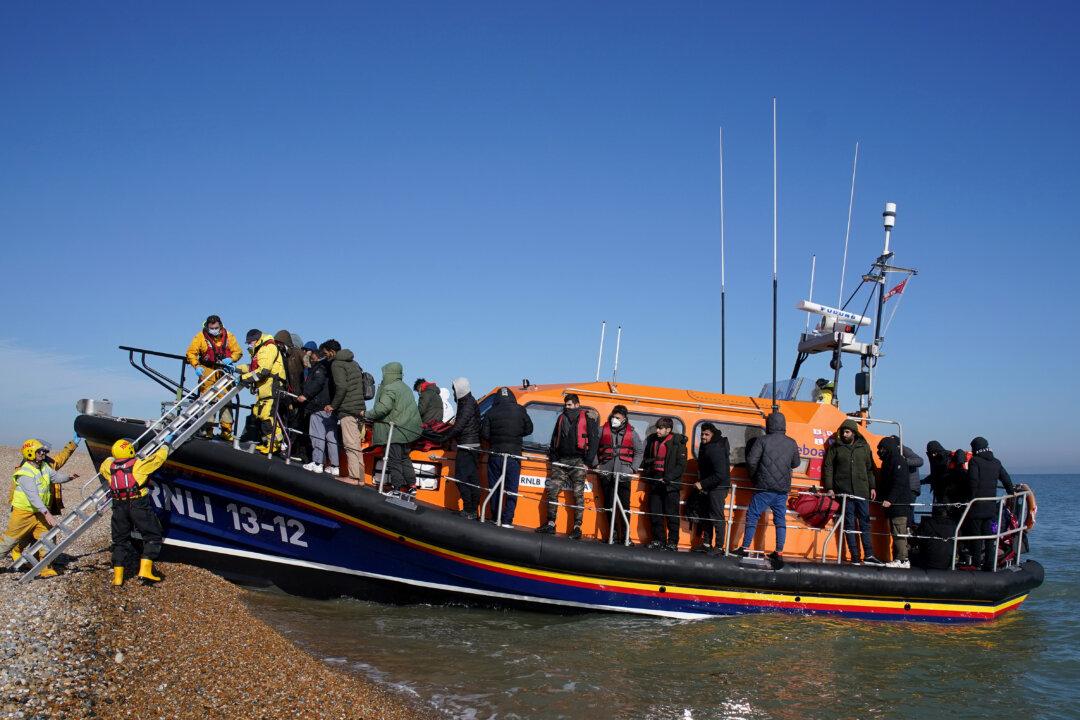Armed forces minister James Heappey has denied the Royal Navy has been reduced to the role of “tour guide” to escort illegal immigrants in the Channel to the English coast.
He told the Defence Select Committee on Tuesday he believed the Royal Navy had “gained control” of the English Channel and said only one boat had managed to land illegal immigrants in Kent since Operation Isotrope began in March.





